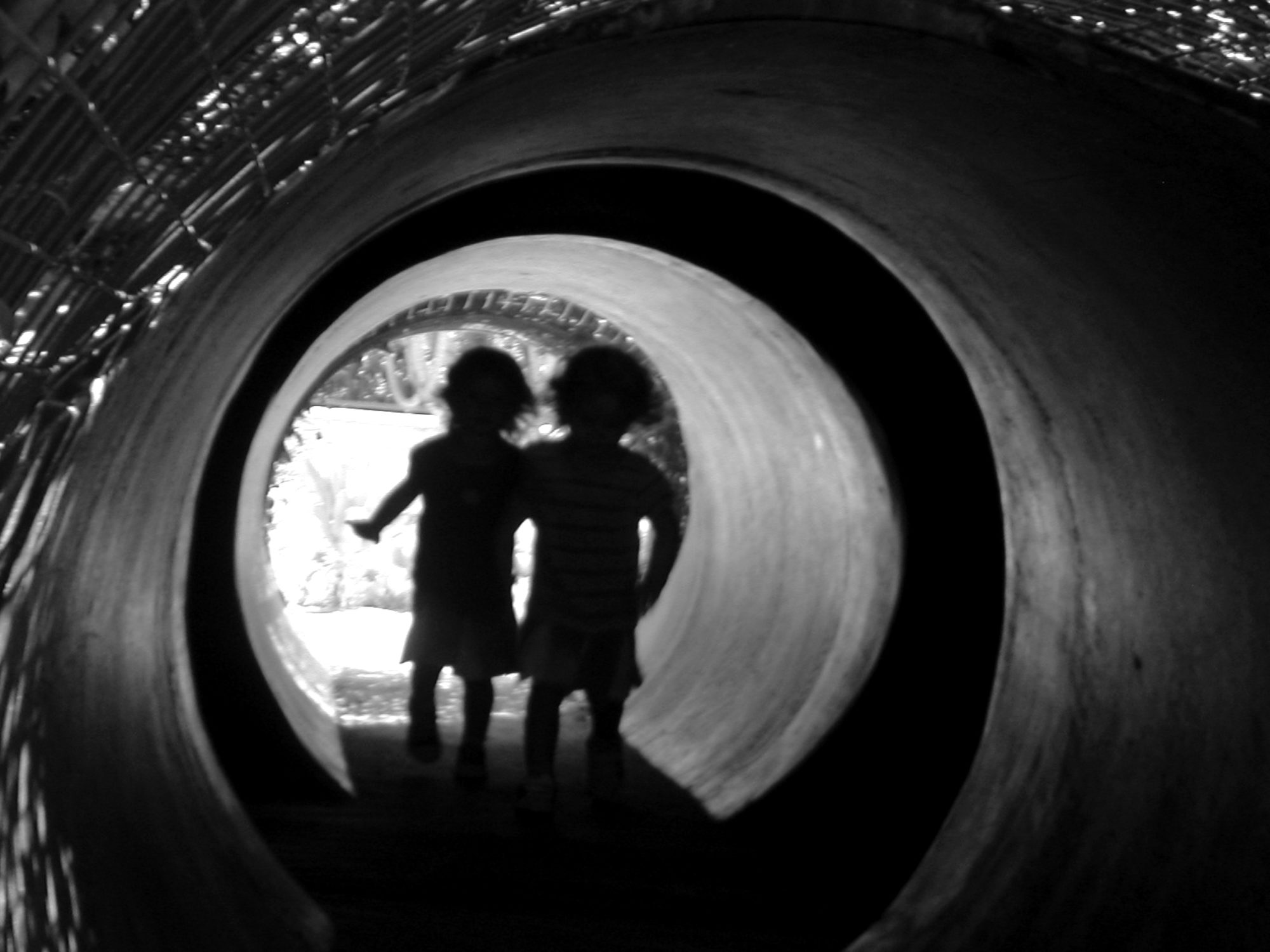Identical twins Janice Morris and Caroline Satchell Morris talk about silly questions people ask twins, identical childhoods and twin pranks on NPR’s Storycorps.
TwinWatch: Survey shows that many would love to have twins or triplets
The British expo The Baby Shows conducted a survey to see what people thought about the idea of having multiples. A whopping 74 percent of respondents said liked the idea!
Read the article to see why they felt this way.
TwinWatch: Convention offers triplet families a chance to connect
Nearly 100 families attended a recent convention held by the Triplet Connection in Phoenix, Arizona.
Parents had the opportunity to talk with veteran parents and to learn parenting tips and time and money management.
If you missed the convention this year, don’t fret — check out the Triplet Connection website for information about next year’s event.
TwinWatch: Why identical twins don’t have identical fingerprints
At last, I’ve seen the answer to an interesting question I’ve often wondered about. Read the first item in this Q & A from Northeastern Pennsylvania’s TimesLeader.com to see the explanation of why identical twins don’t share the same fingerprints.
I interpret this doctor’s response to mean that even though identical twins are created from identical genetic material, differences — like fingerprints — occur as that material interacts with the environment and within each individual.
TwinWatch: Canadian twin girls want to play on the boys’ team
The Manitoba Human Rights Commission has decided it will hear the complaints of twin Canadian teens who want to play hockey with the boys.
Check out the most recent news & video and the news from May when the story first broke.
And check out this news item about twin British teens who have qualified as soccer referrees. Be sure to scroll down the page to see the sweet picture of the girls in their uniforms.
TwinWatch: Article describes lives of twin girls
by Diana Day
This sweet article at Fredericksburg.com, the online version of Fredericksburg, VA’s The Free Lance-Star, caught my attention because of its sensitivity and lack of stereotypes about twins. The pictures are nice, too.
TwinWatch: Older women have a higher chance of conceiving twins, article says
by Diana Day
This article gives a brief account of why women, as they age, have a higher chance of conceiving fraternal twins. This article doesn’t mention it, but very young women apparently also have a higher chance of double ovulating as well.
Please check back soon for BeTwinned’s feature article about multiple gestations.
TwinWatch: Emotional meeting between heart donors, recipient
by Diana Day
The Draper family and the York family share a unique bond — the Drapers donated the heart of their son Jordan York, just four months old when he died, to 7-month-old Nick Draper. Twins Nick and Nate Draper both have rare and fatal dilated cardiomyopathy; brother Nate is still awaiting a heart transplant. LA Times staffer Kurt Streeter wrote a touching article about the meeting between the two families. Check out the photos that go with the story too.
TwinWatch: A new twins’ festival in Australia
by Diana Day
The Australian Multiple Birth Association, supported by the Australian Twin Registry, is holding its first annual TwinsPlus Festival in Canberra, Australia on March 11.
AMBA is a network and resource for multiple birth families.
The Australian Twin Registry, according to its website, is the largest in the world with a whopping 30,000 sets of twins registered.
You can find out about other twin festivals on the Center for the Study of Multiple Birth’s website.
TwinWatch: Some informative news about twins & multiples, for a change
by Diana Day
Considering that the media overplays certain predictable twin and multiple stories, it’s nice to see a couple of different types of articles in the last few days.
One story circulating is about whether twins and multiples should be separated in school. The article has a good review positions pro and con and brings up some issues I had never thought of (since my twins are not yet school age), like the possibility that having twins/multiples in different classrooms with different teachers and different assignments creates havoc at home.
[Check back soon here on BeTwinned.com to see what Dr. Eileen Pearlman of Twinsight.com has to say about separating twins in school and about the development of twin/multiple identities in general.]
Another recently published article is about increasing birth rates of twins and multiples. The article is superficial and laden with generalizations:
Twins tend not to be the very top achievers in their fields, many observers have informally noted, although no one has actually studied this. We have had no twin presidents, for example. Bill Gates isn’t a twin; Picasso wasn’t a twin, nor was Bach or Marie Curie. On the other hand, twins do excel in athletics, perhaps even beyond what their numbers would indicate, with well-known examples such as gymnast Paul Hamm, an Olympic gold medalist, and his brother, Morgan.
The article also deals too quickly with the topic of how these increasing rates will affect society. But, it was nice to see some positive press: “There is also anecdotal evidence, according to Segal, that twins, because of their unusual side-by-side upbringing in which so much is shared, tend to be concerned with fairness and sensitive to the needs of others.”
Even though the reporting on the second article is not first-rate, I note it here out of curiousity … maybe we are about to see a little surge in informative mainstream news about twins and multiples.
